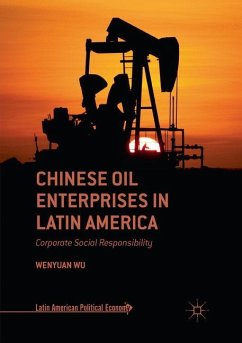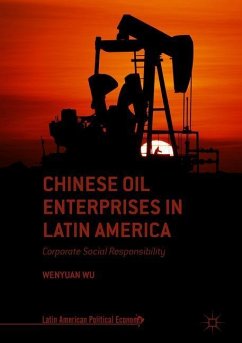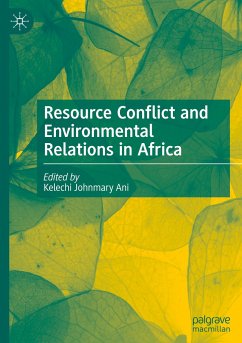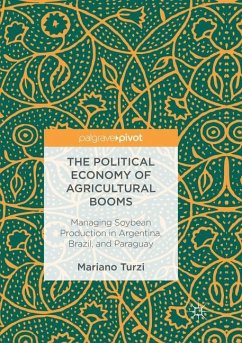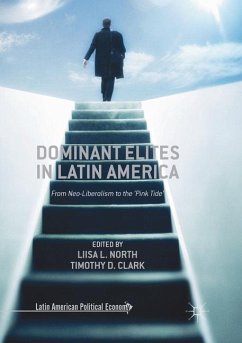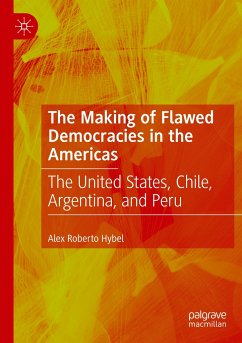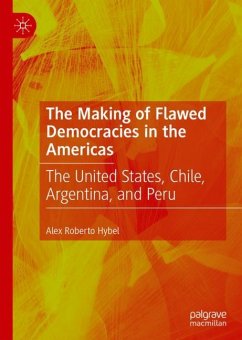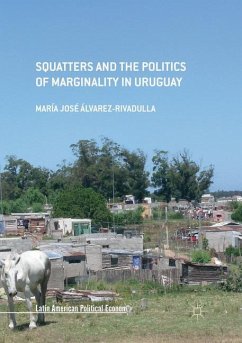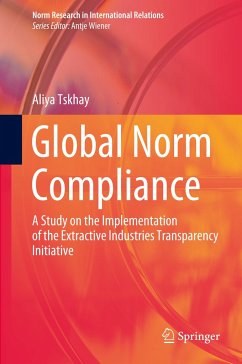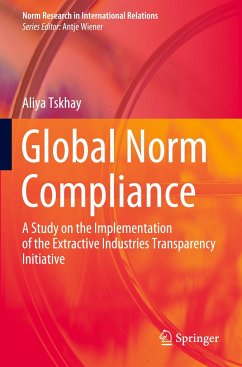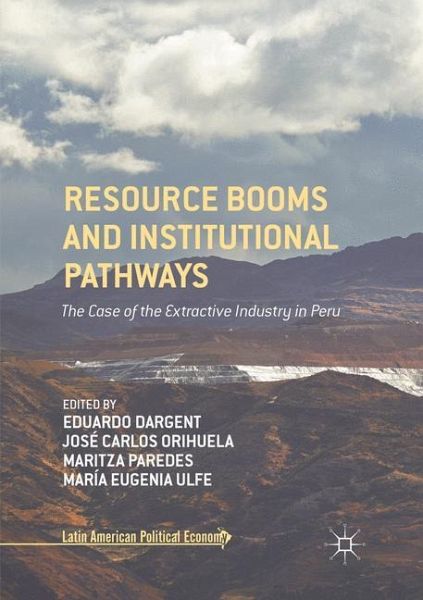
Resource Booms and Institutional Pathways
The Case of the Extractive Industry in Peru
Herausgegeben: Dargent, Eduardo; Orihuela, José Carlos; Paredes, Maritza; Ulfe, María Eugenia
Versandkostenfrei!
Versandfertig in 6-10 Tagen
76,99 €
inkl. MwSt.

PAYBACK Punkte
38 °P sammeln!
This book analyses the institutional development that the Peruvian state has undergone in recent years within a context of rapid extractive industry expansion. It addresses the most important institutional state transformations produced directly by natural resources growth. This includes the construction of a redistributive law with the mining canon; the creation of a research canon for public universities; the development of new institutions for environmental regulation; the legitimation of state involvement in the function of prevention and management of conflicts; and the institutionalizati...
This book analyses the institutional development that the Peruvian state has undergone in recent years within a context of rapid extractive industry expansion. It addresses the most important institutional state transformations produced directly by natural resources growth. This includes the construction of a redistributive law with the mining canon; the creation of a research canon for public universities; the development of new institutions for environmental regulation; the legitimation of state involvement in the function of prevention and management of conflicts; and the institutionalization and dissemination of practices of participation and local consultation.



